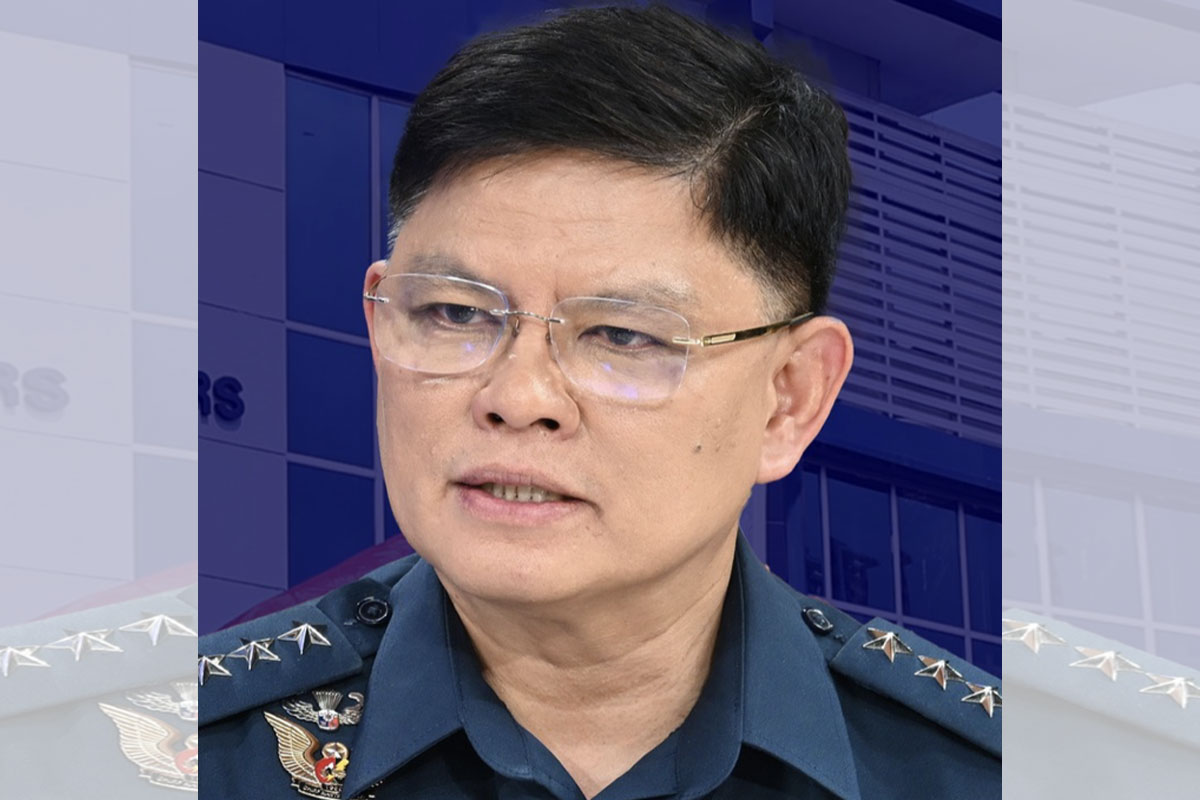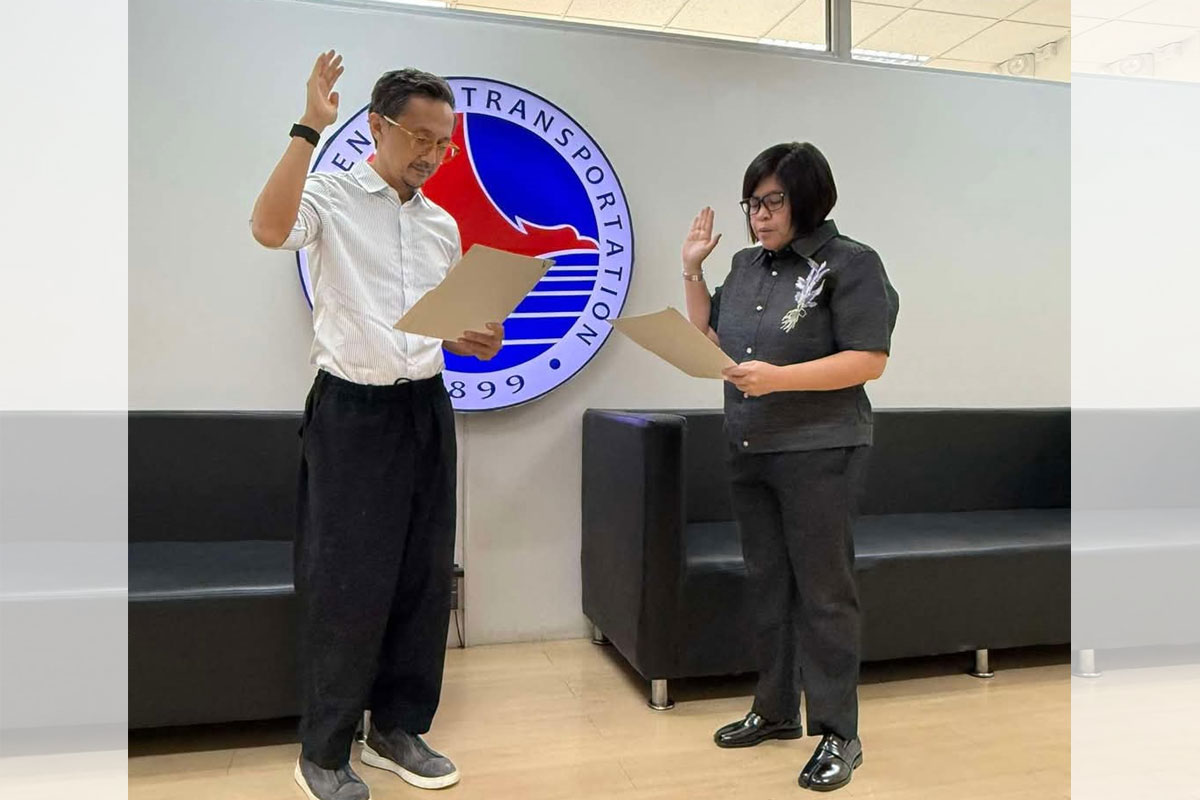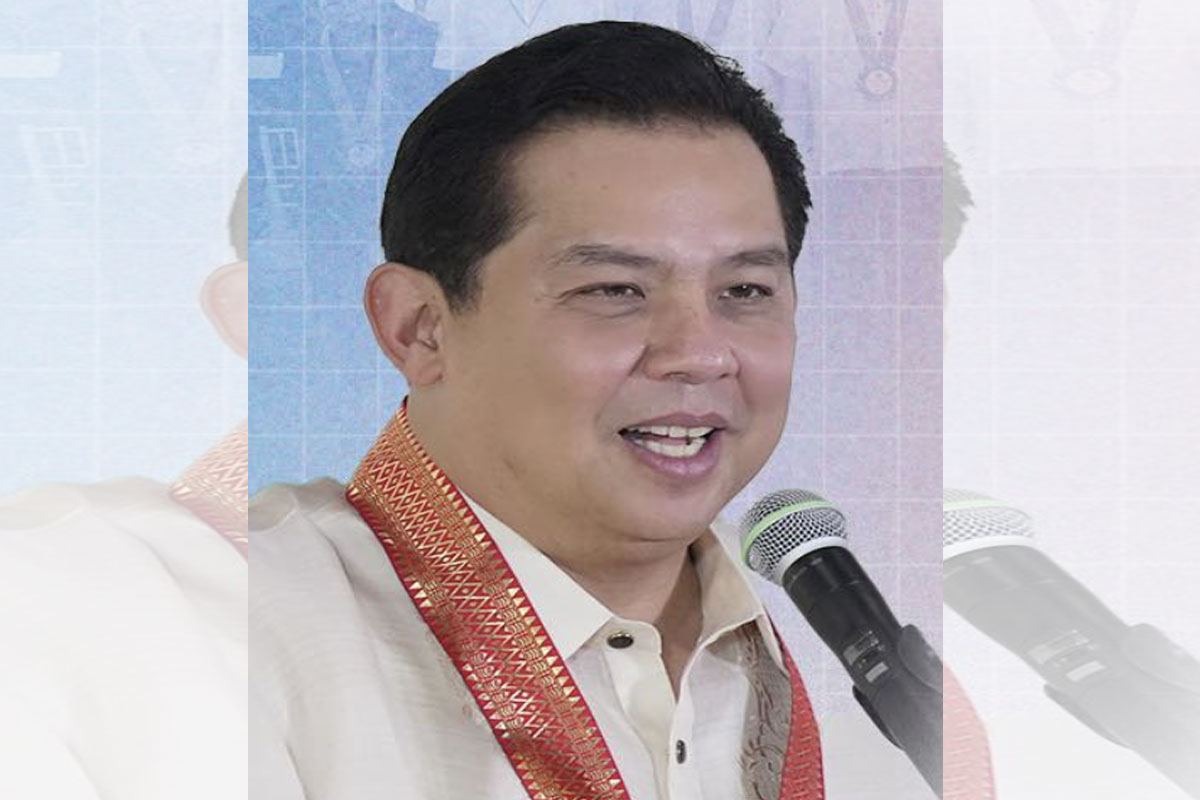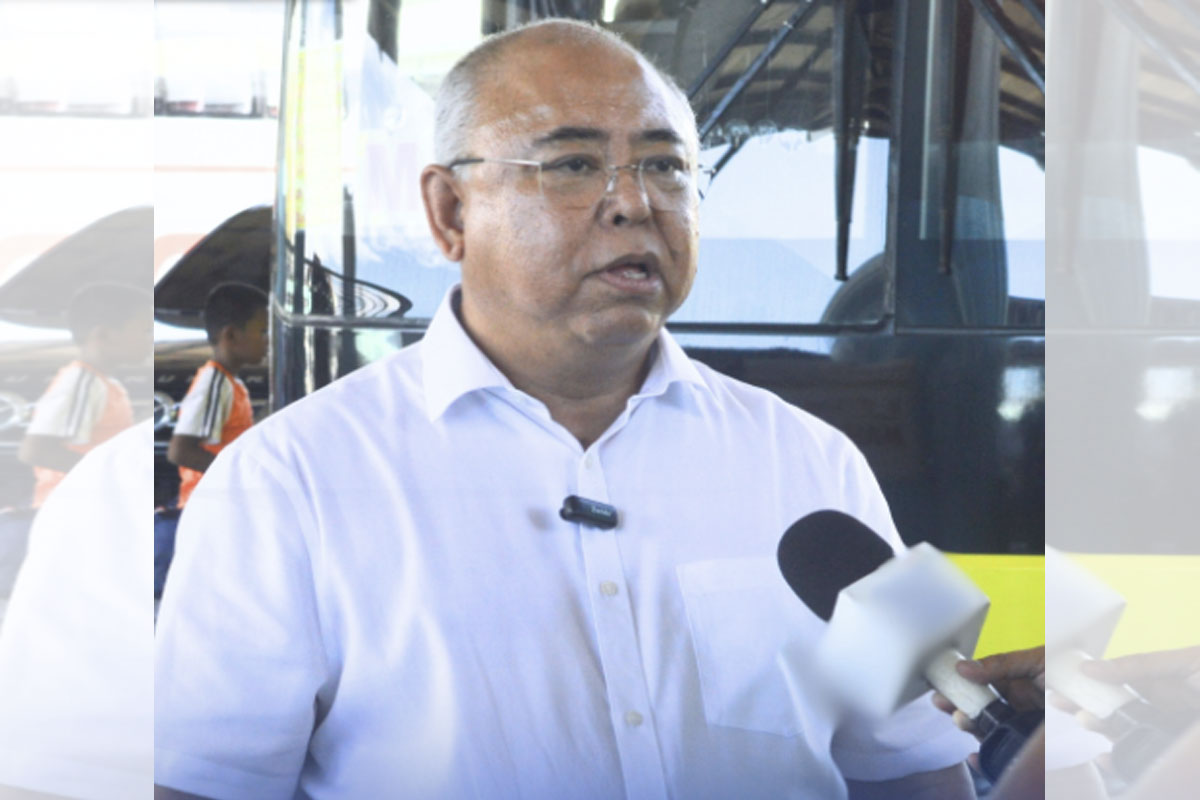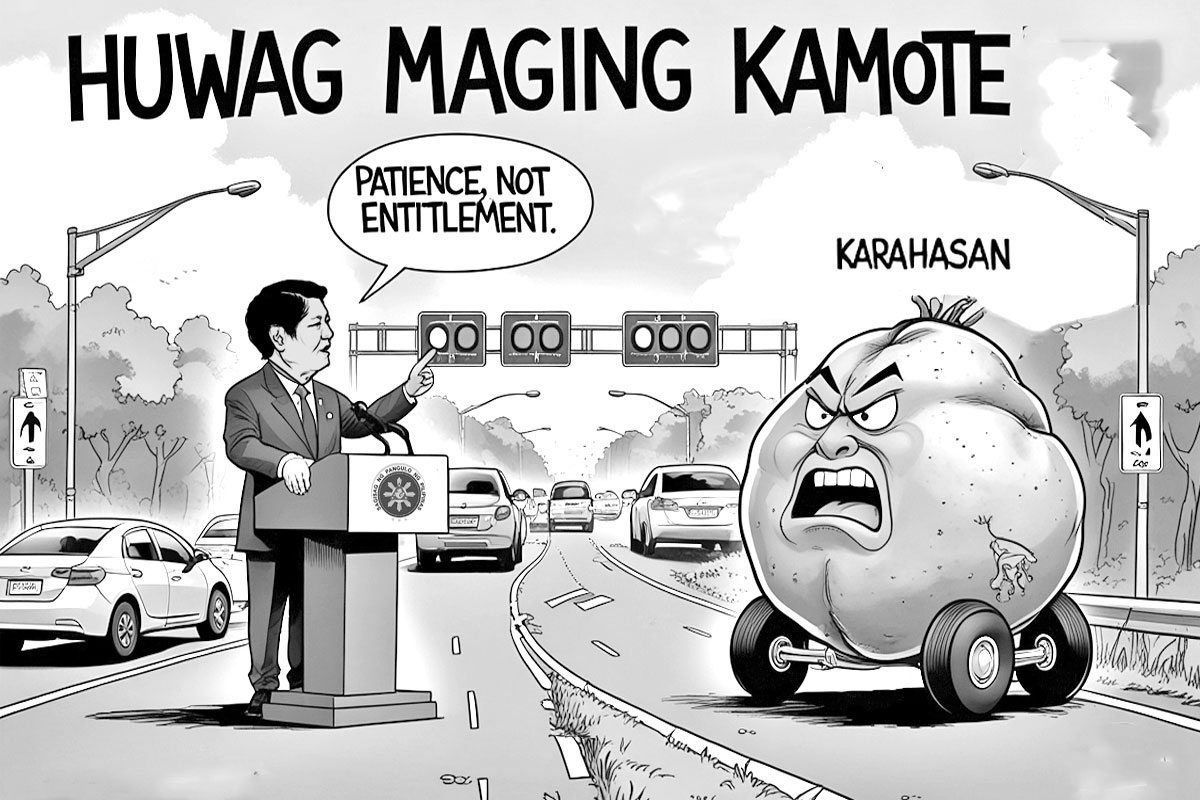
Regular court watch, religious attendance musts in PNP
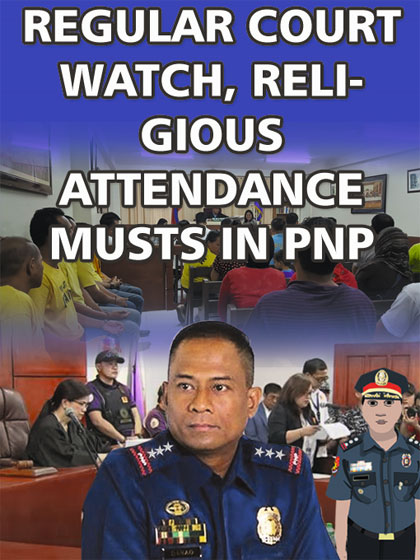 THE Philippine National Police (PNP) headed by Lieutenant General Vicente D. Danao Jr. has already instituted a number of measures to further increase its drug conviction rate including the activation of own ‘court monitoring teams’ as well as a policy which requires their men to full adhere to their court duties under pain of courting administrative and even criminal charges, the Journal Group learned yesterday.
THE Philippine National Police (PNP) headed by Lieutenant General Vicente D. Danao Jr. has already instituted a number of measures to further increase its drug conviction rate including the activation of own ‘court monitoring teams’ as well as a policy which requires their men to full adhere to their court duties under pain of courting administrative and even criminal charges, the Journal Group learned yesterday.
A 2021 Revised PNP Operational Procedures in fact said PNP units are required to monitor all cases filed by their investigators at the prosecutor’s office up to the final resolution. Investigators are also required to upload in the Case Information and Database Management System of the PNP Directorate for Investigation and Detective Management all their case folders and updates for easy monitoring.
During the time of Chief Justice Maria Lourdes Sereno, she said that lack of government lawyers and non-appearance of witnesses are some of the factors that led to the dismissal of drug-related cases or those involving violation of Republic Act 9165 or the Comprehensive Dangerous Drugs Act of 2002 in courts.
“Many drug cases are delayed or dismissed by the following reasons: the absence of police witnesses, the dearth of public prosecutors and public attorneys and the weak evidence of the prosecution in relation to the rules on chain of custody and inventory of seized drugs and paraphernalia,” Sereno said.
The former Chief Justice emphasized that the Department of Justice had filed cases left and right but there is not enough prosecutors to handle them as the DOJ then has vacancies for around 500 prosecutors.
Sereno said she had already shared her observation with the DOJ, the National Prosecution Service, Public Attorney’s Office, the Department of the Interior and Local Government, the PNP and the National Bureau of Investigation.
“There has to be a continuous trial to expedite the procedure, she said. In order to fast-track the proceedings,” Sereno also said adding there has to be two prosecutors and two public attorneys for every judge.
Ironically, Section 90 of RA 9165 states that the Supreme Court shall designate special courts from among the existing Regional Trial Courts in each judicial region to exclusively try and hear cases involving violations of the anti-drug law.
The law says that the number of courts designated in each judicial region shall be based on the population and the number of cases pending in their respective jurisdiction. It also says that the DOJ shall designate special prosecutors to exclusively handle cases involving violations of RA 9165, the preliminary investigation of which shall be terminated within a period of 30-days from the date of their filing.
RA 9165 says that when the preliminary investigation is conducted by a public prosecutor and a probable cause is established, the corresponding information shall be filed in court within twenty-four (24) hours from the termination of the investigation. If the preliminary investigation is conducted by a judge and a probable cause is found to exist, the corresponding information shall be filed by the proper prosecutor within forty-eight (48) hours from the date of receipt of the records of the case.
“Trial of the case under this Section shall be finished by the court not later than 60 days from the date of the filing of the information. Decision on said cases shall be rendered within a period of fifteen (15) days from the date of submission of the case for resolution,” the law says.
However, that seems to be in paper only and as proven by revelations made by DOJ chief Jesus Crispin ‘Boying’ C. Remulla and DILG Secretary Benjamin ‘Benhur’ Abalos Jr. last week.
The PNP also has a very strict rule when it comes to court attendance and as a policy, prohibits any police-witness to be transferred to another place which will prevent him from easily attending a scheduled hearing.
Section 91 of RA 9165 says that “any member of law enforcement agencies or any other government official and employee who, after due notice, fails or refuses intentionally or negligently, to appear as a witness for the prosecution in any proceedings, involving violations of this Act, without any valid reason, shall be punished with imprisonment of not less than twelve (12) years and one (1) day to twenty (20) years and a fine of not less than Five hundred thousand pesos (P500,000.00), in addition to the administrative liability he/she may be meted out by his/her immediate superior and/or appropriate body.
The immediate superior of the member of the law enforcement agency or any other government employee mentioned in the preceding paragraph shall be penalized with imprisonment of not less than two months and one day but not more than six years and a fine of not less than Ten thousand pesos (P10,000) but not more than Fifty thousand pesos (P50,000) and in addition, perpetual absolute disqualification from public office if despite due notice to them and to the witness concerned, the former does not exert reasonable effort to present the latter to the court, the law also says.
RA 9165 also declared that “the member of the law enforcement agency or any other government employee mentioned in the preceding paragraphs shall not be transferred or re-assigned to any other government office located in another territorial jurisdiction during the pendency of the case in court.”
“However, the concerned member of the law enforcement agency or government employee may be transferred or re-assigned for compelling reasons: Provided, That his/her immediate superior shall notify the court where the case is pending of the order to transfer or re-assign, within 24 hours from its approval; Provided, further, That his/her immediate superior shall be penalized with imprisonment of not less than two (2) months and one (1) day but not more than six years and a fine of not less than Ten thousand pesos (P10,000) but not more than fifty thousand pesos (P50,000) and in addition, perpetual absolute disqualification from public office, should he/she fail to notify the court of such order to transfer or re-assign.
Section 92 of the same law also says that “any government officer or employee tasked with the prosecution of drug-related cases under this act, who, through patent laxity, inexcusable neglect, unreasonable delay or deliberately causes the unsuccessful prosecution and/or dismissal of the said drug cases, shall suffer the penalty of imprisonment ranging from twelve (12) years and one (1) day to twenty (20) years without prejudice to his/her prosecution under the pertinent provisions of the Revised Penal Code.
Remulla and Abalos last week said they are fully cooperating with each other to address issues and concerns that will significantly help increase the PNP conviction rate especially when it comes to cases for violation of RA 9165.
The two said they will be in constant talk with the PNP as well as judges and prosecutors to achieve their goal of increasing the PNP’s conviction rate.
A long-time Mandaluyong City mayor familiar with the works of the police force, Sec. Abalos said that from 2016 to July 2022, only 21 percent or 62,061 of the 291,393 cases for violation of Republic Act 9165 or the Comprehensive Dangerous Drug Act of 2002 filed by the PNP led to conviction.
The majority of these cases at 223,579 or 77 percent remained pending before different courts, while the rest were dismissed or led to acquittal, Abalos said.
The DILG chief attributed this dismal performance to the lack of training in the judicial process of investigators-on-case, particularly on the police’s failure to follow the chain of custody of evidence under the law due to lack of witnesses.
Danao led the PNP in thanking the DILG and DOJ chiefs for their help in further increasing their drug conviction rate.
Danao said the DILG-DOJ support will further increase the police’s confidence in battling drug trafficking syndicates in the country specifically those led by moneyed and influential people including foreigners who have the capability to hire the best lawyers they can get.
National Capital Region Police Office (NCRPO) director, Major Gen. Felipe R. Natividad said he has ordered the NCRPO Regional Investigation and Detective Management to review the conviction rate on RA 9165 cases by their units amid a significant low conviction rate attributed to some technicalities. Some of these cases were either dismissed or the suspects were ordered released for further investigation by the prosecutor’s office.
The PNP Drug Enforcement Group headed by Brigadier Gen. Randy Q. Peralta said that last year, they achieved a 69.57 percent conviction rate which he attributed to the filing of airtight cases against arrested drug personalities and their no-nonsense court monitoring activities.
Peralta said that during the period, a total of 423 court hearings were attended by 163 PNP-DEG personnel which greatly contributed to the successful resolution of cases.
The PNP-DEG director said that among the arrested drug traffickers they recently convicted were Lonely Arroza, Jesrell Arador, Diane Irene Cambalicer, Louie Mark Cuerdo and Angelo Buenaventura who were all found guilty beyond reasonable doubt by different regional trial courts for sale and possession of prohibited drugs under RA 9165.
The five were all sentenced to life in prison and ordered to pay fines ranging from P500,000 to as much as P1 million.
The PNP leadership has also welcomed the pronouncement of Sec. Abalos regarding the Marcos government’s full support to the continuity of the force’s war on drugs.
“The PNP welcomes the gesture of support of DILG Sec Benjamin Abalos to the PNP anti-drug campaign in his pronouncement to join police operations against drug activities. Actions like these are certainly morale boosters for frontline law enforcers coming from the highest official of the DILG himself. It augurs well with national policy to sustain the momentum of the national campaign against illegal drugs,” said PNP Public Information Office chief, Brig. Gen. Roderick Augustus B. Alba.


